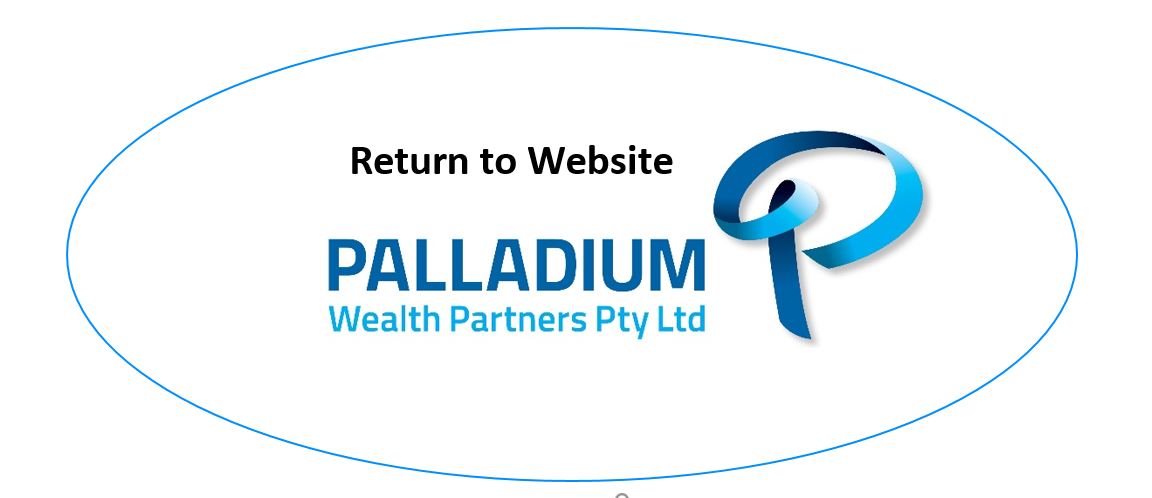Things to keep in mind when cashing in your investments
Written and accurate as at: Oct 12, 2025 Current Stats & Facts

While it can be rewarding watching your investments grow over time, what happens when you finally want to cash them in?
Maybe you believe a particular investment has reached its peak, or perhaps you were investing with a specific goal in mind and it’s finally time to withdraw those funds and put them to work.
Whatever the case, there’s a lot more to selling your investments than raking in the profit. Before you start tinkering with your portfolio, here are a few questions you should ask.
Is the timing right?
For starters, you’ll need to keep an eye on the broader market when thinking about cashing in your investments. If the market has taken a dip, it’s worth asking yourself if the conditions for selling are right or if you’d be better off waiting until a later date.
Remember that while you’re still holding your investments, there’s a chance that they’ll recover once the market turns a corner. But if you sell, you take those unrealised losses and 'crystallise' them.
Of course, you might have invested in a specific company whose shares have nosedived for other reasons. Here’s where selling could be the right call, especially if the company’s fundamentals have changed and there’s little chance of recovery.
Are you giving up income from dividends?
Another thing you’ll need to weigh up is whether you’re sacrificing current – and future – income.
Many investments offer dividends, which are a portion of earnings that are paid out to shareholders. These are usually calculated as a fixed amount per share, meaning the more shares you hold, the larger your dividend payment will be.
As your portfolio grows, you might come to depend on these dividends to cover everyday expenses, or as extra money to splurge on things like holidays. Selling your shares can mean saying goodbye to that particular income stream, and potentially any future growth in dividend payments if the company increases its payout.
Have you thought about the tax implications?
If you make a capital gain – that is, you sell your investment for more than you bought it – you’ll need to include this in your tax return. But what if you’ve bought the same share multiple times at different price points?
Here’s where things can get complicated. Each share in a company is identical and interchangeable with every other share in that company, so you’ll need detailed records of each ‘parcel’ of shares you bought, how much it cost, and how long you held it.
Without this, you might have a hard time accurately calculating your capital gain. Those records can also help you identify which assets have been held for at least 12 months, and are therefore eligible for the 50% CGT discount.
Will you cash in all at once or over several months or years?
If you have sizable holdings that have been built over years or even decades, the decision to sell your investments can be a bit more stressful, especially if you’re thinking about offloading everything in one go.
But you might also have the option to sell across multiple tranches (say, every week or month for a period). While this will mean paying more in brokerage fees, it gives your investments more time in the market to potentially keep growing.
Selling your investments is a big decision, and you’ll need to think carefully about timing, tax, and your long-term goals, to name just a few things. If you need some tailored guidance, consider speaking to a financial adviser.











